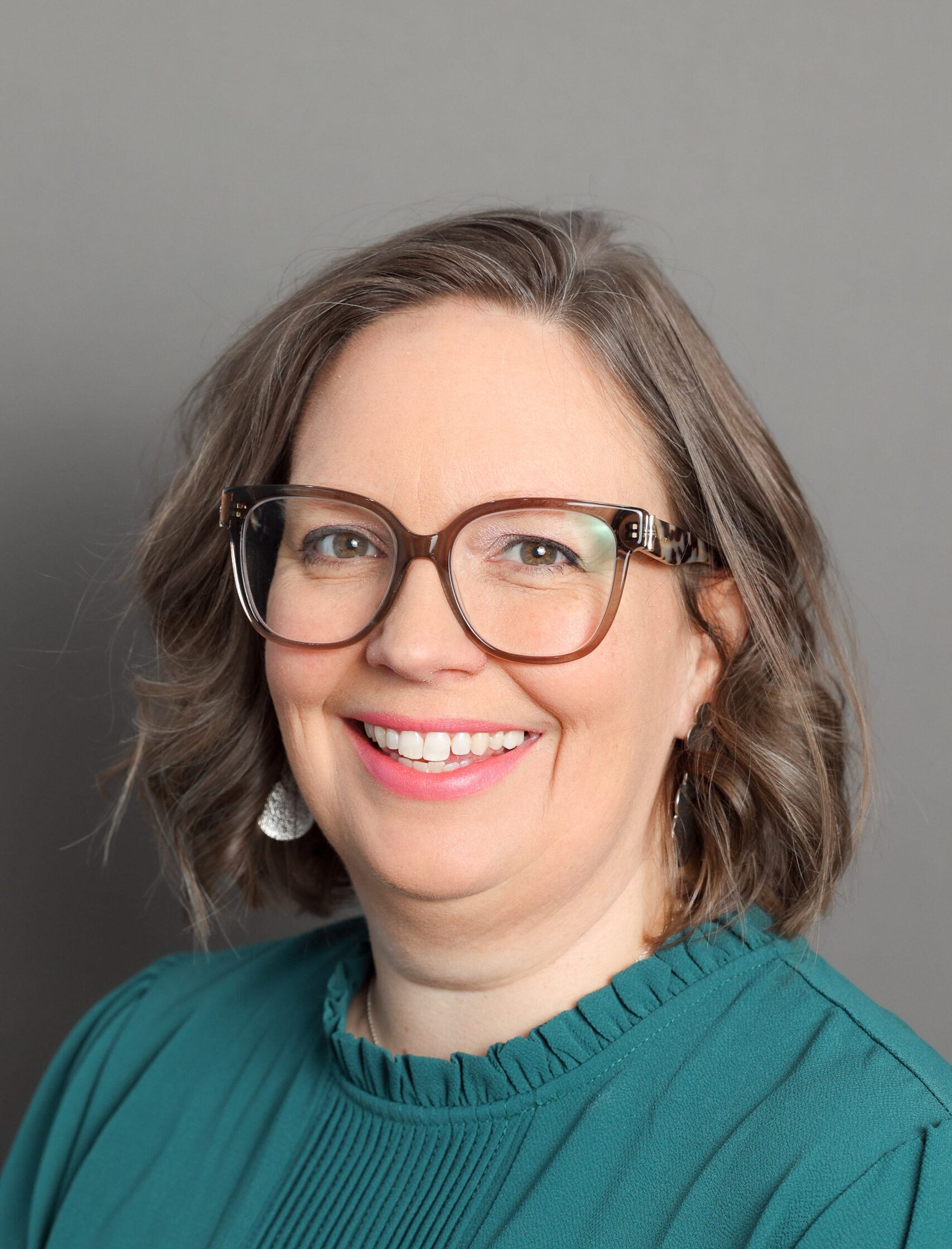Eighteen months together: Support beyond the check

We made our first COVID-19-related grant via Center for Disaster Philanthropy’s (CDP) Midwest Early Recovery Fund in June 2020. Our initial assessment of the pandemic led us to make nine grants to organizations in four states for coordination and case management to support Latinx, East African and Asian individuals and households, using their primary languages and with culturally inclusive lenses.
As these grantee partners implemented various projects and assessed community needs, I recognized a need for peer-to-peer collaboration and discussion. On Sept. 24, 2020, I hosted the first COVID-19 grantee partner call; we invited this group of grantee partners to join us with the idea of creating a space where they could learn from and support each other.
At first, I believed we’d do this once or twice. I didn’t want to take too much of these grantee partners’ time away from their mission-critical work. I was also conscious of the power dynamic of a funder inviting them to a meeting.
I worked to narrow that gap by communicating that these gatherings were not report-outs on the success of the projects and attendance was optional and not tied to any current or future funding. I was intentional about allowing the group to direct the conversations, rather than filling the space with my thoughts.
The first call was awkward, but the conversations and connections led to sharing ideas, celebrating little wins, and digging into big questions about equity, inclusion, food, housing and health. I asked if we should continue gathering, and the answer was a resounding yes.
I wish I could share all of the aha moments along the way, but I only have space for a few here. We have highlighted several of them in our grantee impact stories, and I am sure there are more to come.
For this post, I want to share what I heard in these last few months as they talked about the power of CDP’s grantmaking, the changes they saw in their communities, and what they understand about their next steps and lessons they shared.
The power of CDP’s grantmaking
While I know that these communities and organizations would have figured out a way to do something, the grants allowed them to do more and reach more people.
As a representative from one organization said, the funds allowed them to pay individuals to do the community organizing work they were already doing. The power of these funds provided fair compensation for critical work in the community and generated legitimacy, networks and leverage.
Stories of legitimacy included being able to advocate better because someone outside the community was funding and paying attention to equity. Another group said that while they were aware of a food and resource need for East African families in their community, those families were not accessing the group’s resources. But after the group brought on a speaker of Somali to answer the phone and receive people at the resource distribution sites, hundreds of individuals and families felt safe enough to come forward with their needs and receive critical assistance.
This legitimacy leads to networks. The representatives from the organizations spoke of finding new partners in food banks, refugee and immigrant-serving organizations, universities and health centers. As they shared their challenges, someone often had an idea of another group or network they could reach out to or language they could use to make a case for changes in the provision of resources.
These networks and connections led to leverage. Because they had staff, one grantee partner received and distributed more than $1.5 million in federal and state relief dollars. Others accessed millions of dollars of culturally-appropriate food, and several found opportunities to fund similar positions in other service areas.
Meeting immediate needs and addressing systems change
From the beginning, it was clear that these organizations and individuals were interested in more than providing for acute and basic needs.
We discussed changing food systems and creating opportunities for young people and people from all racial and ethnic groups to take on civic leadership. These grantee partners supported each other as they thought and asked questions about language and culture, community resilience and system change.
As grantee partners presented challenges, others from a similar community shared how they worked on that issue in their community. We didn’t leave our conversations with answers but with opportunities and places to start.
We heard a need to change systems and curate more robust support systems. Even as the needs remain present, a shift in attention to meet current needs and prepare organizations and communities for future crises is critical.
Welcome to the song that never ends
Last month, we hosted our final call. Although the need still exists and the work continues, we recognized that it was time to celebrate the wins.
As one participant put it, we collected new friends along the way and created space for connection. We celebrated wins and challenged each other to keep going. We signed up to continue questioning the systems and norms in our communities, to make them better for all.
I am optimistic that there will be continued relationships. As these grants close, creating inclusive communities prepared for a crisis and connected will continue wherever these individuals and organizations have influence.
I am excited to continue to use this experience to find ways to create connections and space for grantee partners to learn from and support each other. I encourage each of you to consider which opportunities you can provide for connection and support beyond the check.
